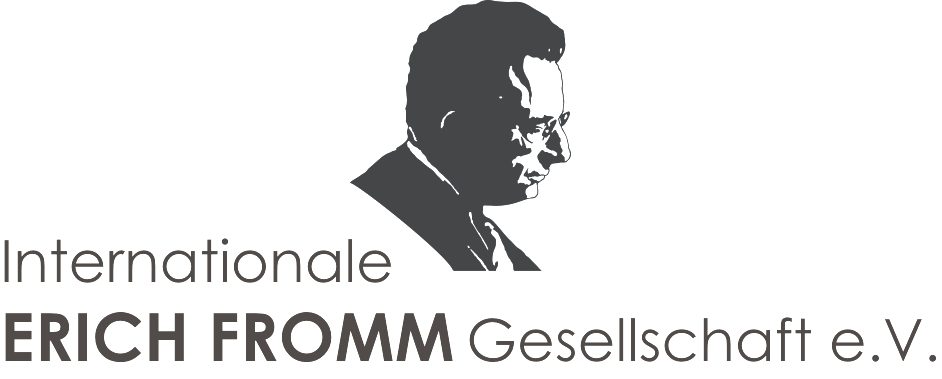Annual Conference of the International Erich-Fromm-Society e.V.; 26.04. – 28.04.2024, Bildungshaus Zeppelin & Steinberg, Goslar
The psychoanalyst, social psychologist and philosopher Erich Fromm (1900-1980) is concerned with “seeing the entire life process as a birthing process[zu]and not regarding any stage of life as final. Most people [jedoch] die before they are fully born.”
If we really want our”children to be not only successful, but also mentally healthy, then they must consider such norms and values as essential, which lead to mental health and not only to success”. (Fromm)
In contrast to today’s common understanding, mental health is more than the absence of illness, upbringing is more than adaptation and education is more than a competence-oriented, efficient education in which children are taught even more testable knowledge in an ever shorter time, which can then be closely measured, compared and assigned to a specific school-leaving qualification…
With his analytical social psychology, Fromm made it clear that the educational process is based on ‘social character’ . Its function is to shape the will and actions of people in a society in such a way that they do what they are asked to do with a sense of freedom.
Only if the existing discrepancies between social and human needs can be perceived and reflected against the background of one’s own convictions, values and ideals will it be possible not to blindly submit to the ‘social desire’ for power, success, increased performance, profit maximization and consumption…
This is a crucial task of education, although it is “usually [um] a social institution [handelt], which certainly does not help people to liberate themselves and become independent. No social institution pursues this goal,” says Fromm.
At this conference, we want to ask ourselves from a critical-emancipatory perspective: What should a society, an educational institution be like? What preconditions, conditions, structures and opportunities would have to be in place for human intrinsic forces and a biophilic orientation to develop in relationship?
How can educational professionals support and be supported in this process of ‘collective humanization’?
We look forward to stimulating contributions, ‘real’ discussions and shared experiences.
Speakers and lecture topics:
- Dr. Achim Heinze (primary school principal and author)
Lecture topic: Children first! Why our children need better schools - Prof. (retired) Dr. Eva Borst (educational scientist, University of Mainz)
Lecture topic: On the tenderness of children and the love of life - Prof. Ralf Lankau (graphic designer, philologist, doctorate in art education and author, Offenburg University of Applied Sciences);
Lecture topic: Digitalization, individualization, corona - Dr. Dr. Michael Kubsda (teacher, educationalist and philosopher, Alice Salomon Berufskolleg and University of Duisburg-Essen)
Lecture topic: The significance of Fromm’s social psychology for pedagogy - Dr. Matthias Rießland (licensed Feldenkrais teacher and trainer, doctorate in (critical) educational science, University of Duisburg-Essen)
Lecture topic: ‘If I don’t know what I’m doing, I can’t do what I want’ – Fromm’s concept of awareness and the pedagogy of M. Feldenkrais - Cand. Prom. Anke Raidt (primary school teacher, active in teacher training, founded a ‘pedagogy of biophilia’ following Fromm in her theoretical-practical doctorate at the University of Duisburg-Essen)
Lecture topic: Pedagogy of biophilia: freeing each other and coming into the world – about asking and letting yourself be found - Dr. Rainer Funk (psychoanalyst, last assistant and executor of Erich Fromm’s estate),
- Dr. Helmut Wehr (retired, Heidelberg University of Education) and
- Prof. em. Otto Lüdemann (HAW Hamburg)
Introductory discussion on Friday evening - Christa Lösel (artist (“Liberty needs a new dress”) and teacher in Nuremberg)


Kommentare sind geschlossen